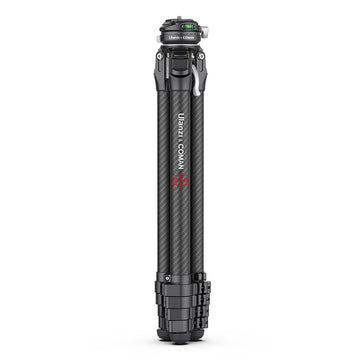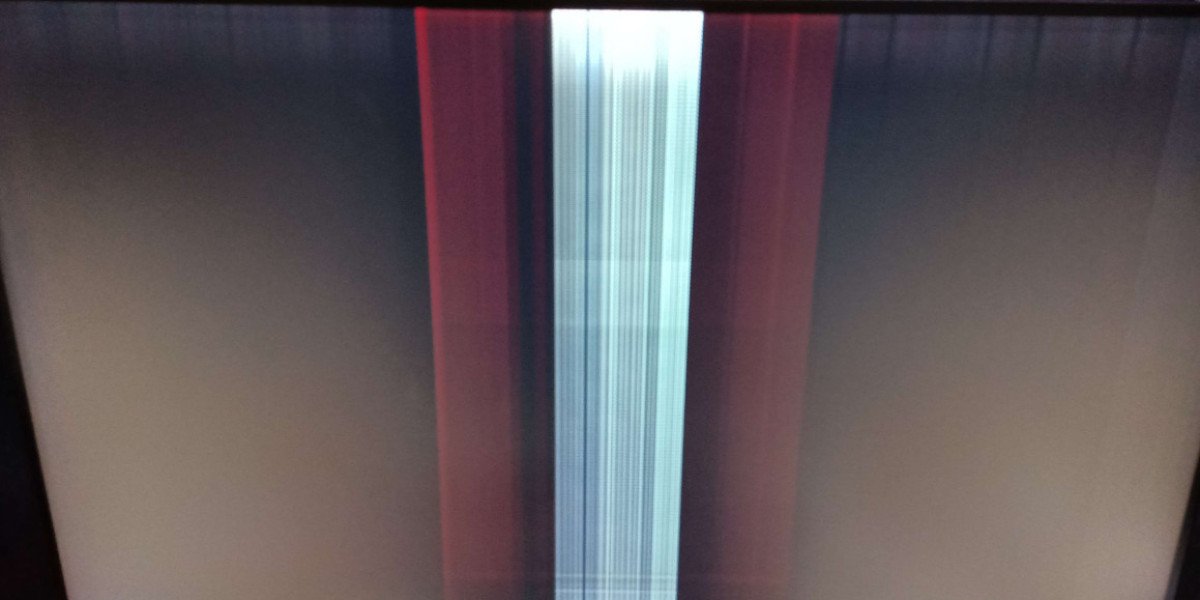Unlock the Secrets to Choosing the Perfect Filmmaking Gear: Your Ultimate Guide Awaits!
Choosing the right filmmaking equipment is a crucial step for both aspiring filmmakers and seasoned professionals. The diversity of gear available today can be overwhelming, with options ranging from budget-friendly kits to high-end cinematic tools. Making informed decisions based on personal requirements and project needs is essential to ensure that the selected equipment aligns with your creative vision. Whether you're looking to shoot a short film, a documentary, or a promotional video, understanding what equipment best supports your goals will set the foundation for your success. In this guide, we will explore the various aspects of filmmaking gear, helping you navigate the choices available and empowering you to make the best decisions for your projects.

Understanding Your Filmmaking Needs
Before diving into the world of filmmaking equipment, it's vital to assess your individual filmmaking goals. Consider the type of projects you wish to undertake—are you aiming to create narrative films, music videos, or corporate content? Each type of project may require different gear. For instance, a narrative filmmaker may prioritize camera quality and lens versatility, while a corporate videographer might focus on audio clarity and portability. Aligning your gear with these objectives is crucial; it not only enhances your workflow but also ensures that you achieve the artistic direction you envision. Take some time to reflect on your creative aspirations and the nature of the stories you want to tell, as this understanding will guide your equipment choices and ultimately shape your filmmaking journey.
Key Categories of Filmmaking Equipment
Filmmaking equipment can be classified into several essential categories, each serving a unique purpose in the production process. Understanding these categories will help you identify what gear is necessary for your projects. The primary categories include cameras, lenses, audio equipment, lighting, and stabilization tools. Each plays a critical role in the overall quality of your production, and knowing their functions can streamline your purchasing decisions.
Cameras
Cameras are the centerpiece of any filmmaking setup. There are several types available, including DSLRs, mirrorless cameras, and cinema cameras. DSLRs are popular for their versatility and image quality, making them suitable for various styles, from documentaries to short films. Mirrorless cameras offer the advantage of a compact design and advanced autofocus systems, which are ideal for dynamic shooting environments. For those looking to create high-end productions, cinema cameras provide superior image quality and professional features. Understanding the strengths and weaknesses of each type will help you choose the right camera that aligns with your filmmaking style.
Audio Equipment
Sound quality is often overlooked but is crucial in filmmaking. Poor audio can detract from even the most stunning visuals. Essential audio gear includes microphones, which capture sound, and recorders, which store it. There are various types of microphones, such as lavaliers for interviews, shotgun mics for directional sound capture, and handheld mics for on-the-go recording. Investing in quality audio equipment will significantly enhance the overall production value of your films.
Lighting
Lighting plays a pivotal role in setting the mood and enhancing visuals. Different lighting setups can evoke various emotional responses and establish the desired atmosphere. Common setups include three-point lighting, which provides depth and dimension, and natural lighting techniques that utilize available light sources. Understanding how to manipulate light will empower you to create stunning visuals that captivate your audience.
Stabilization Tools
Achieving smooth shots is essential for professional-looking films. Stabilization tools such as gimbals and tripods are necessary for eliminating shaky footage. Gimbals allow for fluid movement while following action, perfect for dynamic scenes, while tripods offer stability for static shots. A solid understanding of these tools will help you capture your vision without compromising quality.
Comparing Filmmaking Equipment
When it comes to purchasing filmmaking equipment, comparing different products or brands is essential. Consider factors such as features, performance, durability, and user reviews. Each piece of equipment has its strengths and weaknesses that can impact your filmmaking process. It’s beneficial to prioritize your needs—if you're focusing on mobility, a lightweight camera system might be more advantageous. On the other hand, if you prioritize image and sound quality, investing in higher-end options could be worthwhile. Reading reviews and watching comparison videos can also provide insights into how gear performs in real-world scenarios.
Budgeting for Your Filmmaking Gear
Creating a budget for your filmmaking equipment is essential to avoid overspending while ensuring you acquire quality gear. Start by listing the equipment you need and researching their price ranges. It's important to balance quality and cost; sometimes, investing a bit more can lead to significant long-term benefits. Additionally, consider exploring used gear, which can provide excellent value without sacrificing quality. Networking with other filmmakers can also lead to opportunities to borrow or rent equipment, further easing the financial burden.
Making Informed Equipment Choices
In conclusion, choosing the right filmmaking equipment requires careful consideration of your personal needs and project goals. By understanding the different types of gear available and what each category offers, you can make informed decisions that enhance your creative work. Take your time to compare options, read reviews, and budget effectively. Investing in the right equipment will not only improve the quality of your films but also empower you to express your creative vision more effectively. Remember, every filmmaker's journey is unique, and the gear you choose should reflect your individual style and aspirations.







